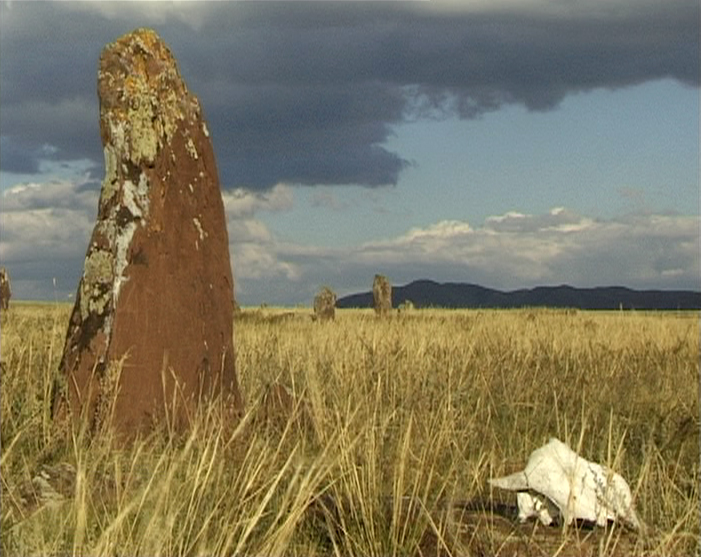27 July, 2016
Gate of Ivrel by CJ Cherryh
1. The beginning of this novel is difficult to get through: so self-indulgent in that density of unknown names in the intro info dump—fifteen or sixteen made-up fantasy names in a page and a half. Your reader has not been given the chance to know or care yet! This is the worst intro info dump I’ve read. If I wasn’t curious about Cherryh’s first novel because I've fallen in love with some of her others, I would not have read any more than a couple of pages.
2. A part of that intro info dump describes the background for the world, and another the background for the story. If you must have separate backgrounds for both, maybe they need to change. So, it’s a science fiction world that has collapsed back into fantasy—though here that familiar ubi sunt motif is portrayed as paranoia or lust for power rather than curiosity or awe or frustration. This split is not Roger Zelazny’s Lord of Light, but more like William Golding’s Lord of the Flies, which has just a single sentence showing the post-nuclear war context. And that’s interesting in the abstract. But in the specifics of this book, with one science fiction character hiding everything from many fantasy characters, it comes off confused—the context of these time-warping gates being built and people failing them may be interesting, but the story of a quest to close one of them is restricted from her intro's premise. She didn’t use that work she put into world building, so the novel comes off discongruous.
3. The writing is bad. There is a tendency in fantasy to overdo the cadence and wording of the work: “Lo, thusly spaketh your Lorde” type stuff. Cherryh here isn’t that bad, but it’s bad going that direction. The word “hi” is used throughout in situations like “she rode hi the mountain Irvel”, or “he put his helm hi his head.” Ugh. Horrid.
4. The story entertains well though. It’s a fantasy quest and chase where everything keeps going wrong: the main character accidentally kills his brother and gets banished right off the bat, then he is forced to work with his religion’s devil and gets Stockholm Syndrome, he gets poisoned, he gets captured, he is encouraged to suicide, he narrowly misses being sucked out of his dimension, he is shot at more times than I can count, his body is almost stolen from him by a soul that uses other’s bodies to continue living, he loses the key to closing the gate, he almost breaks his oath, and he’s almost left behind at the end. It’s not a pleasant quest for him. Remarkably, Cherryh doesn’t use deus ex machinas to free him from all these situations—his freedom and safety comes about from as many diverse influences as his dangers do. And, like Gawain and the Green Knight, dealing with the cold and snow in armor is almost more of an antagonist than any character.
5. The world is built through showing over time. Despite the intro info dump, it’s a growing familiarity as these names are used in the story itself. And, as implied above, the parts of the world she does include in her story are important and have effects, which really helps it all stick together well. Nothing is forgotten, except the science fiction undertones laid out in the intro.
6. So, in all, not my favorite Cherryh novel by a long, long shot. It’s bad. The theme deals with identity and community, and the story hits at some early strengths that Cherryh will build on later—also, she does begin to leave out unimportant things in a way that hints at her later, tight voice. But to see the progression she went through from here, in 1976, to Downbelow Station in 1981 is staggering. And it’s hard work and practice that got her there: she published something like 14 books over that time period and had a few of them written before her first publication here.
Labels:
1976,
CJ Cherryh,
Fantasy,
Morgaine Saga,
Science Fiction
Subscribe to:
Post Comments (Atom)






No comments:
Post a Comment